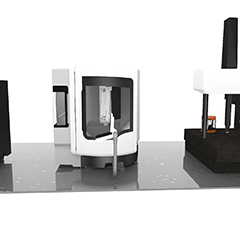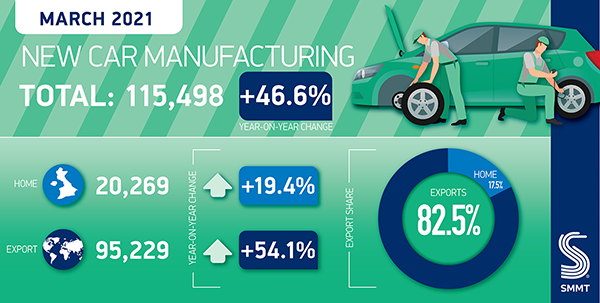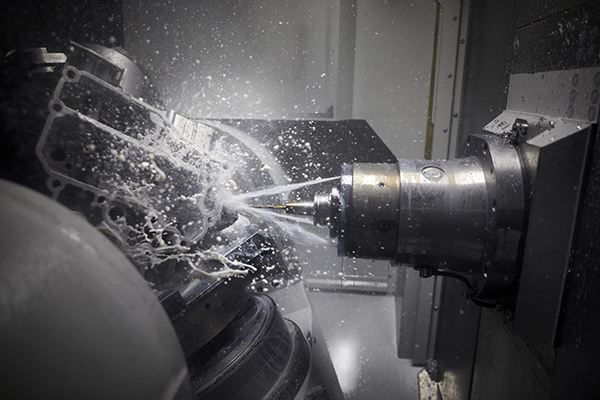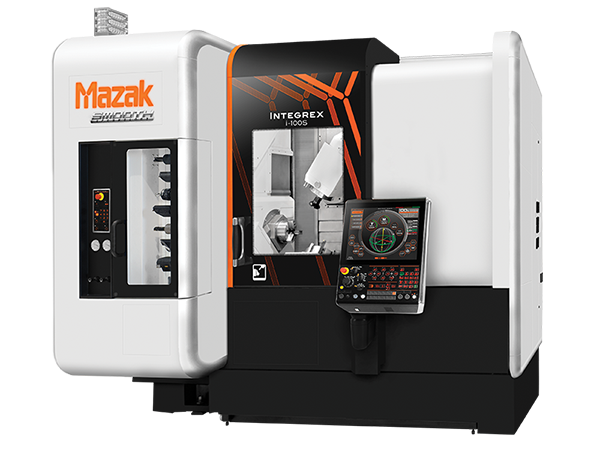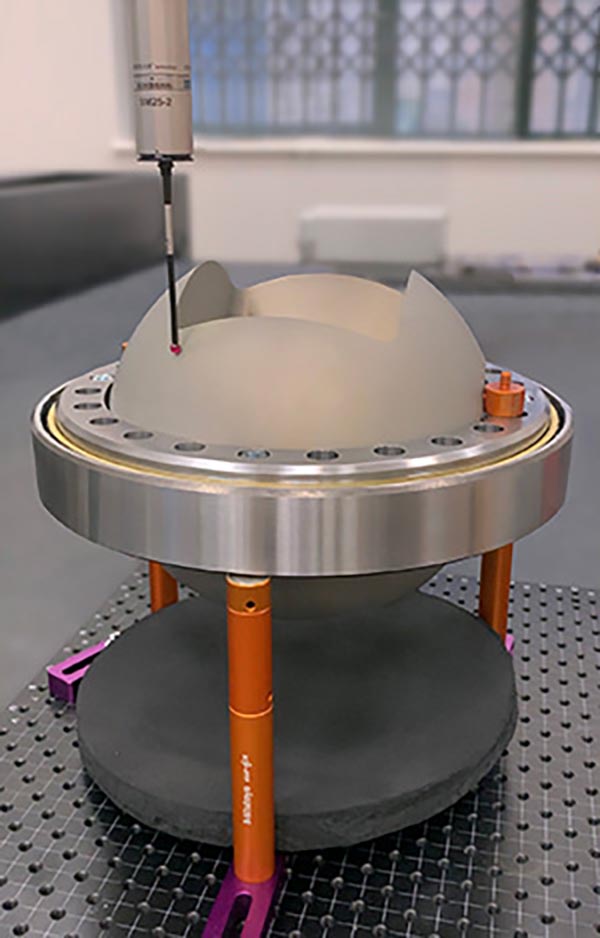
The Digital Manufacturing Centre (DMC) in Silverstone will be the first business to officially adopt Renishaw’s new manufacturing connectivity and data platform, Renishaw Central, across its complete additive and subtractive manufacturing operations. Ongoing collaboration between the two companies has evolved from Renishaw initially supplying the DMC with additive manufacturing (AM) equipment, followed by several of its metrology solutions, to the implementation of this digital platform.
Driving the future of AM by realising a fully connected process chain, the DMC is leveraging actionable data to deliver a step-change in manufacturing capability. Renishaw Central will play a crucial role in this ambition and enable the DMC to embrace Industry 4.0 practices and principles. Not only will Renishaw Central provide end-to-end manufacturing data capture, it will allow DMC engineers to further refine part design and processes by effectively implementing capabilities that include predictive analytics and AI.
For further information
www.digitalmanufacturingcentre.co.uk






